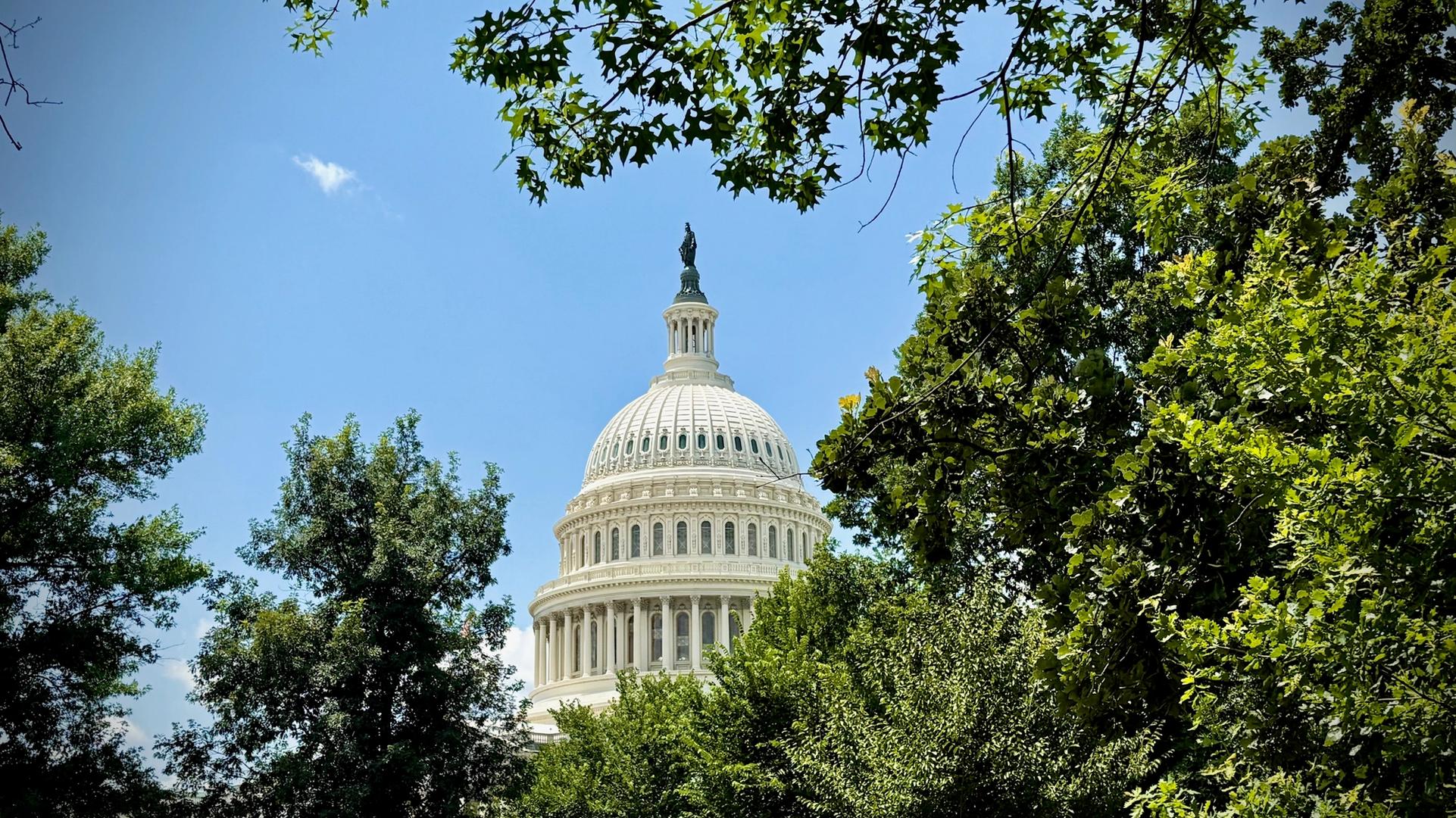
Bankers and Consumer Advocates Unite to Revise Stablecoin Legislation
U.S. banking institutions are collaborating with consumer advocacy groups to amend the recently established stablecoin legislation known as the GENIUS Act, even before regulators have initiated their drafting process.
Key Highlights:
- U.S. banking entities are urging legislators to amend the GENIUS Act, a new law on stablecoins. Notably, consumer advocacy groups are supporting this initiative, which marks a rare collaboration between typically opposing forces in policy matters.
- In a formal letter, they urged the removal of a stipulation that could give state-chartered, uninsured depository institutions a competitive edge. They also urged that stablecoin affiliates should not be permitted to provide yield offerings.
- The lobbyists are advocating for upcoming legislation on crypto market frameworks to reconsider the GENIUS Act entirely.
Wall Street bankers are contesting certain aspects of the newly implemented U.S. stablecoin regulations celebrated by President Donald Trump and the crypto community as a significant step forward in the establishment of a regulated U.S. industry. They are joined in their concerns by consumer advocates.
The American Bankers Association and other banking lobbies have partnered with Americans for Financial Reform, a group usually critical of Wall Street’s agendas. Their joint letter urged that a critical provision of the GENIUS Act be eliminated—this provision enables stablecoin-issuing branches of state-chartered, uninsured banks to operate money transmission and custody services nationwide, circumventing existing licensing requirements.
The joined voices emphasize that ignoring state laws allows some uninsured institutions to gain a favorable operational stance across state borders, similar to federally insured banks but without the same regulatory scrutiny. Moreover, they express concerns regarding provisions that could allow crypto firms to indirectly offer interest or yield on stablecoins, which could significantly threaten deposit flows into banks.
In response, Faryar Shirzad, Coinbase’s Chief Policy Officer, criticized the banking sector’s stance on social media. He contended that Congress should not impose restrictions on consumer options that may limit individuals from earning returns on their savings. Shirzad further suggested that the anticipated $6 trillion potential loss of bank deposits due to stablecoins is exaggerated.
“If customers truly would move $6T away from banks into stablecoins, what does that say about the value consumers perceive from their banks?”


